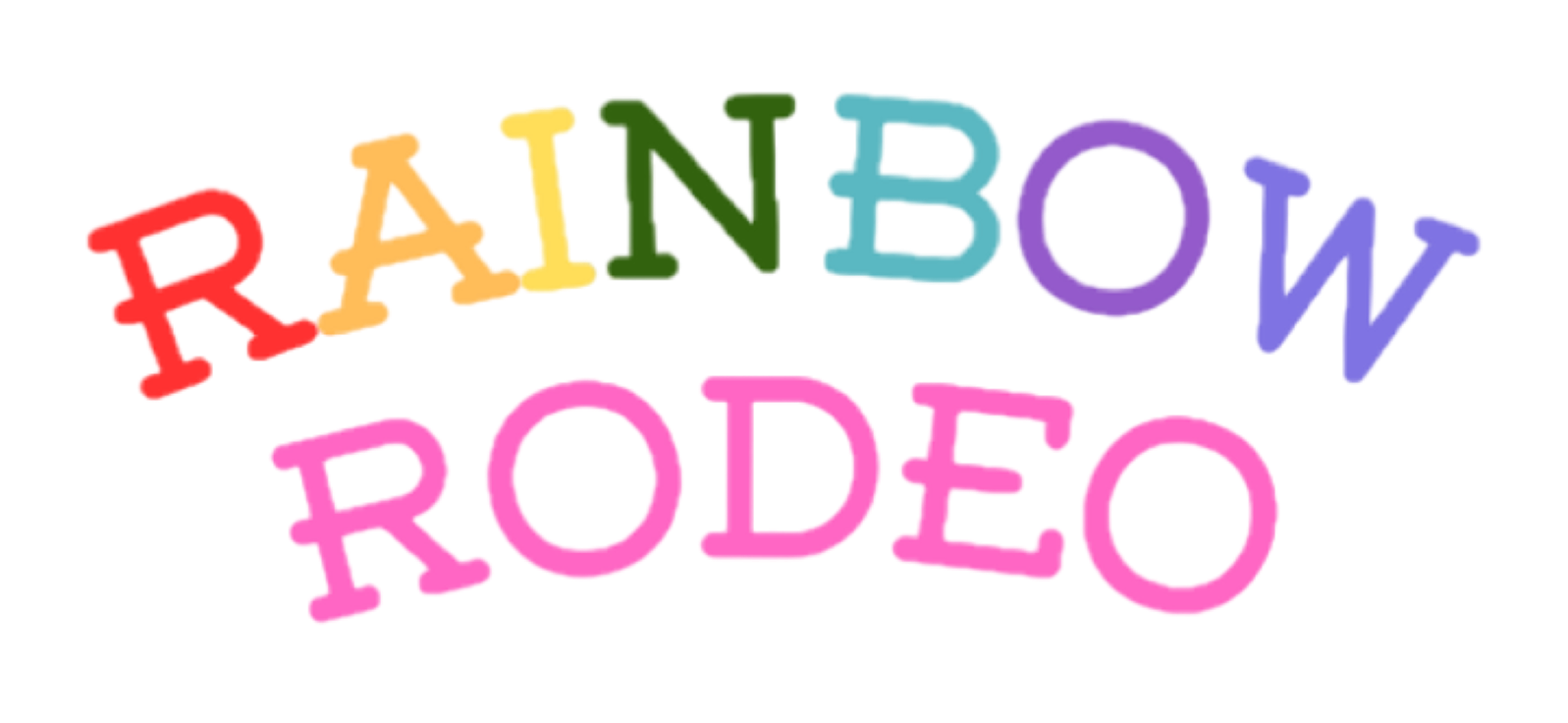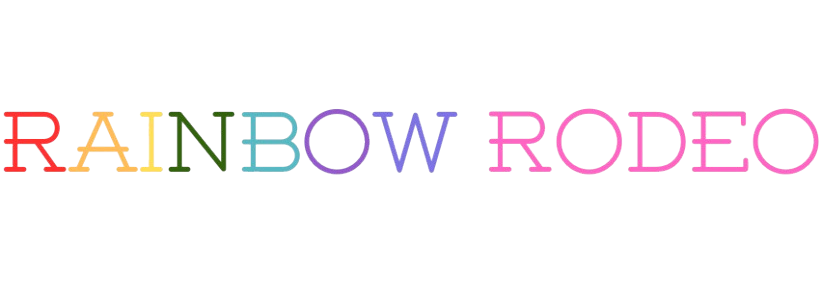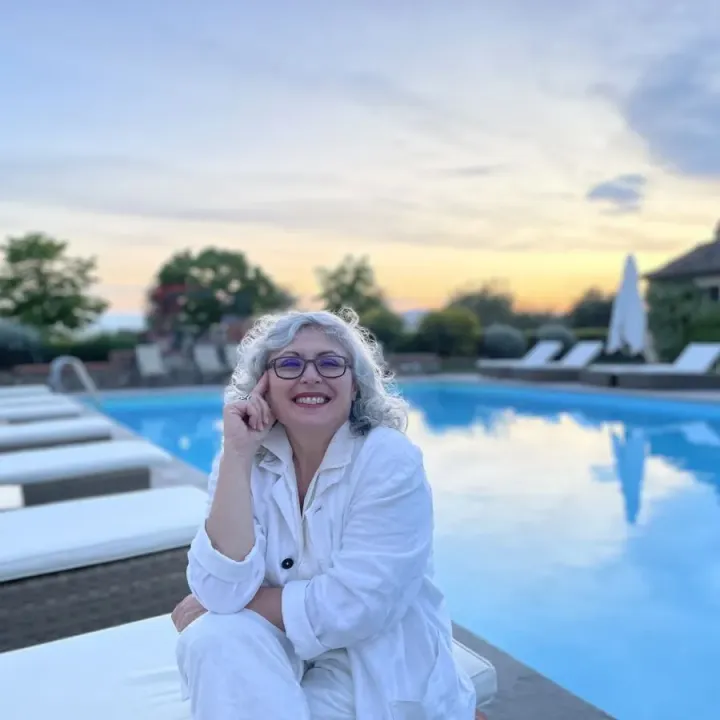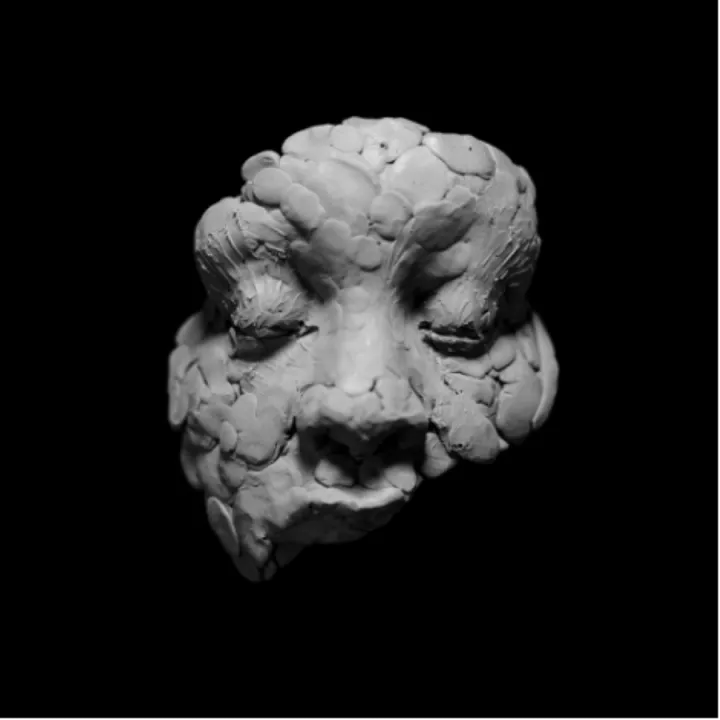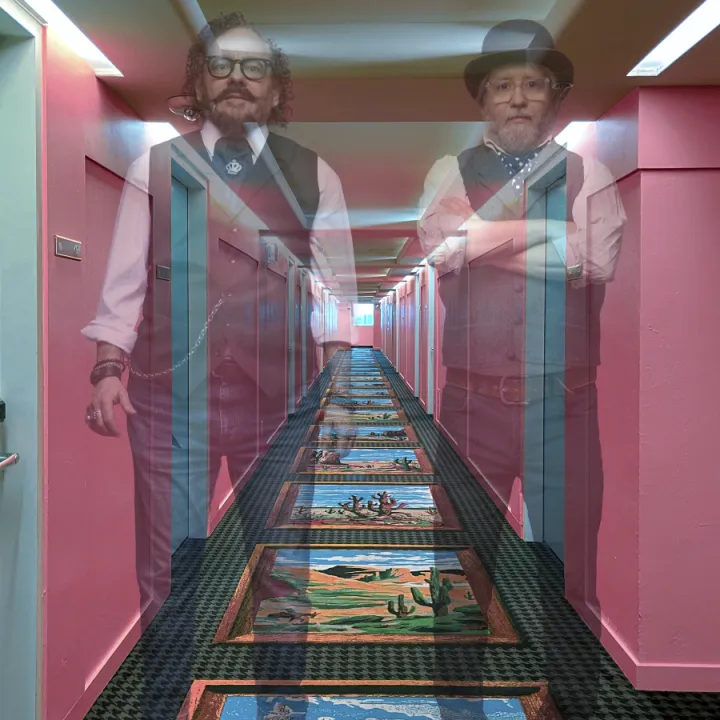INTERVIEW: Rachel Garlin Just Does It

San Francisco’s Rachel Garlin can find inspiration from the unlikeliest places. Her recent The Ballad of Madelyne & Therese is a 13-song cycle about two lovers in New York in the 1940s. The project is rooted from an off-the-cuff “shitty first draft” of a song and is now both an album and a one-woman show. As Garlin explains in our interview, it’s all about making something and then letting it grow.
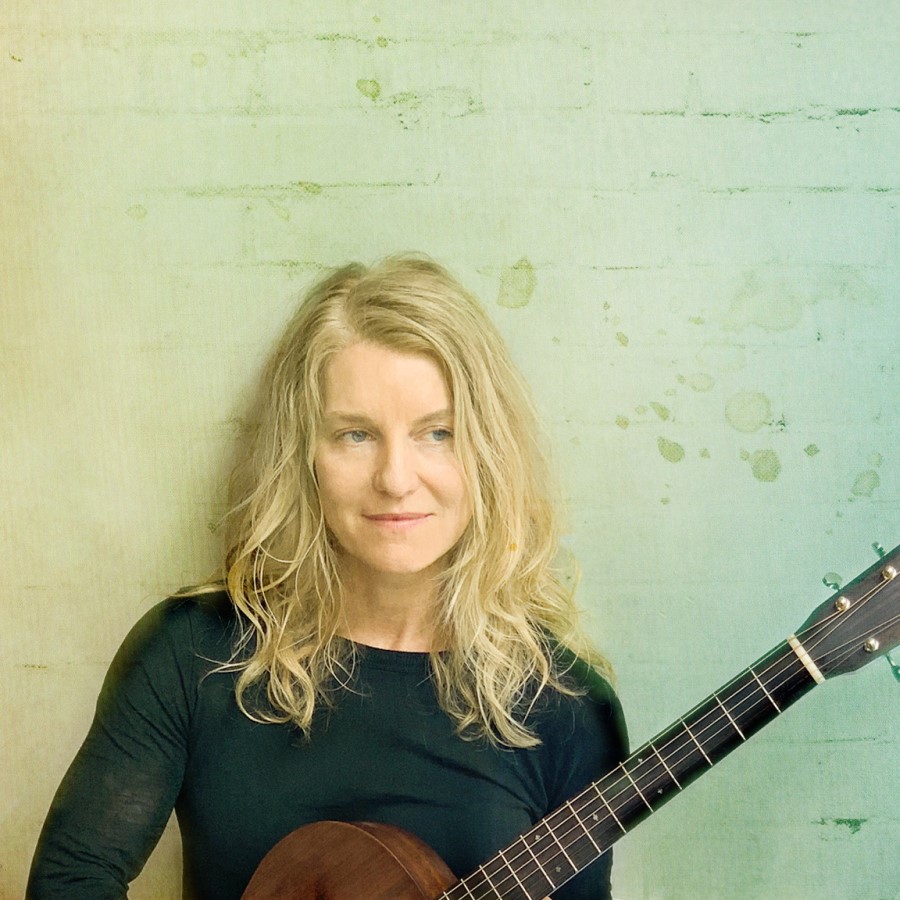
Name a perfect song and tell us why you feel that way.
No such thing! But one of the songs that I feel most strongly about is: “A Case of You” by Joni Mitchell. The opening chords, the first few fetching lines, Joni’s unpredictable yet totally trustworthy delivery of the song – these are the elements that drag me across the room. But then, there are dozens of layers beneath all that. Endless discovery in the lyrics, and yet a straightforward story. An age-old tale of love lost, yet sung as if it’s the first time this phenomenon has ever happened. I am freshly heartbroken every single time I hear it.
Explain the title of your album The Ballad of Madelyne & Therese. Does your album have an overarching theme?
Yes and no. And perhaps that IS the theme. Yes to being oneself, no to being open about it. Yes to being in love with another woman in the year 1940. No to being able to act on it. Yes to acting on it anyway. No to accepting that. Yes to being ashamed. No to being ashamed. The album started as a song-cycle about Madelyne and Therese – two fictional characters from history whose love is set against the backdrop of 1940s America. After recording the album, I further developed the story and started performing the album as a “narrated concert” which is a hybrid between a concert and a musical theater piece where the characters not only have songs, but also lines and scenes. So yes, The Ballad of Madelyne & Therese has a theme, and it’s a yes/no winding road of forbidden love – for oneself and for others.
How did you begin the project?
Of all the songs on the album, “Yellow” came first. I’m in a weekly songwriting group where each person commits to writing and sharing a new song every Monday night. It was late in the day on Monday and I had no song. I gave myself permission to write a “shitty first draft” (a concept I learned from writer Anne Lamott). While strumming my guitar, I started vocalizing about the color yellow and all of its hues and all of my associations with it, as a color, as a mood, as a story unto itself.
Do you have any songwriting tips you can share?
Don’t think! Be in a place where you feel uninhibited and just start vocalizing. Sing your to-do list. Read from the newspaper, Report on your day. The content doesn’t matter in the beginning. Just vocalize until you land on something that turns you on. It could be the syllables in your mouth, it could be an interval in your tune, it could be the shape of your face while singing it. Catch yourself off guard. And most importantly, tell the inner critic to take the whole day off until you complete your shitty first draft. You’re not saying it’s good. You’re just saying it’s new.
Do you start off with the music or lyrics first? Why?
It’s all a simultaneous improvisation for me. I strum the guitar or use body percussion to get a rhythm going, then I sing a tune with words, sounds, syllables (nonsense if necessary but usually some words, ideas, impressions, observations) to get the thing going. Then I just keep going until something bears repeating.
Who would you love to collaborate with? why?
Stevie Wonder. Joy in the body is contagious. I’d love to catch his.
Have you ever been star-struck when playing with a musician?
I shared the stage with Emily Saliers from the Indigo Girls once, and I opened for Patty Griffin and Shawn Colvin on a Greek island once. And yes, I wish I had been more “we are all humans” and less “star struck” but I was young and they were my heroes.
What do you think you could do to make your music or shows more accessible to a more diverse audience?
I love being in exchange with members of my San Francisco community across a number of neighborhoods and showing up for other people’s shows, even when I’ve never heard of them. Word of mouth in all directions can create an expansive, diverse cultural schedule where communities are supporting the arts and vice versa.
Is there a professional “bucket list” item you would love to check off?
I’m here for the dedicated efforting and spontaneous serendipity that is a modern music career. Expectations kill. And so I remain in grateful wonderment when good things happen to me and my musical pals.
